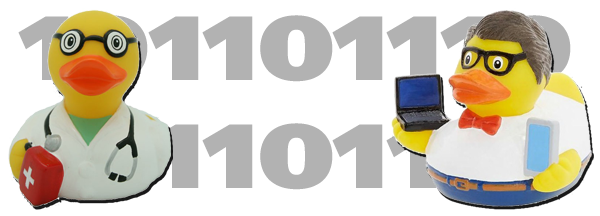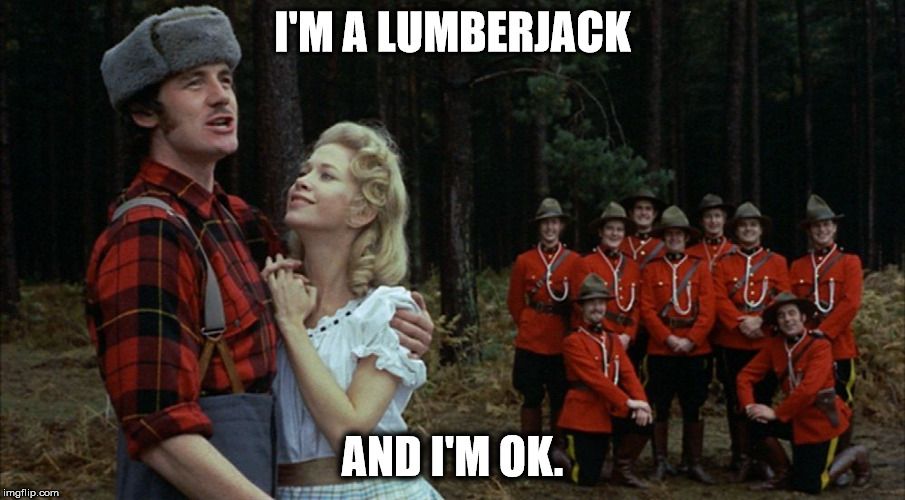New Book Theses
Based on a recent Twitter conversation, been thinking lately on how to quickly pitch/explain each of my three Info-Ops books

Based on a recent Twitter conversation, been thinking lately on how to quickly pitch/explain each of my three Info-Ops books.
Info-Ops
Philosophy is applied language. It's critical to understand that concept if you want to build the right thing, whether an automated skyscraper or non-profit organization. We create useful domains of solutioning using conversations, process, and documentation based on our shared values using behavior as a deliminator. We make our lives better right now by learning what worked and didn't work in the past. Each action we take to build the right thing is better than countless other actions we take building things right.
Our Team
- Socrates
- Wittgenstein
- Chomsky/Sapir-Whorf
Our tools
- The dialectic
- Structured Analysis
- UML
Info-Ops II
Technology is applied philosophy. It's critical to understand that concept if you want to build things right, whether it's a new science or a computer program. We create useful tools to explore and understand the universe around us based on rigorous and consistent application of philosophy inside a formal system. We make our code and and work life better right now by applying what we learned in book two to our code and processes. Each action we take to build things right is better than countless other actions we take learning about the universe around us.
Our team
- Newton
- Peirce
- Von Neumann
Our tools
- Programming languages
- New coding practices
- Architecting our own practices
Info-Ops III
Learning is applied technology. It's critical to understand that concept if you want to build things that learn at scale, whether a fast-growing startup or an army of intelligent robots. We create nimble adaptive systems of people or machines by applying the model of learning we've developed in a Bayesian or Frequentist framework. We make our systems of learning at scale better right now by applying what we learned in books one and two. Each action we take to habitually build systems that learn at scale is better than countless other actions we take teaching others what to think.
Our Team
- Nzeitche
- Bayes, Dewey
- Rawles
Our tools
TBD



Comments ()